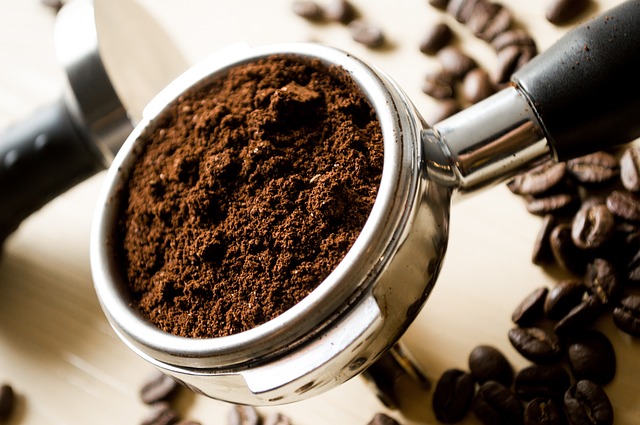
According to this article, many people believe coffee consumption is a destructive habit on par with smoking and drinking. But is it really? The Harvard School of Public Health weighs in on the issue offering their stance based on the most current research. Though past findings may have led to some negative interpretations of coffee consumption, views have changed. When lifestyle factors in research studies were controlled for, to some degree, negative health concerns were not found. “Drinking up to six cups a day of coffee is not associated with increased risk of death from any cause, or death from cancer or cardiovascular disease.” In fact, there is good support that coffee may have positive effects on the body, when not consumed in excess.
Importantly, coffee is more than just simply a caffeine source. The chemical array of many plant species containing caffeine is truly fascinating, perhaps more on this in future news stories. “Often people think of coffee just as a vehicle for caffeine. But it’s actually a very complex beverage with hundreds of different compounds in it.” “And, as I mentioned before, it’s becoming increasingly clear that coffee is much more than caffeine and the health effects that you see for caffeinated coffee are often different than what you would expect based on its caffeine content.”
10 topics covered in the article can be found below, as well as a link to the article:
Source: Ask the Expert: Coffee and health
1. The latest Harvard study on coffee and premature mortality seems to offer good news for coffee drinkers. What did the research find?
2. So for coffee drinkers, no news is good news? Why is this finding so important?
3. Is there an upper limit for the amount of coffee that is healthy to drink each day?
4. Is there any research that suggests coffee may have some beneficial health effects?
5. Why does it seem like scientists keep flip-flopping on whether coffee is bad for you or good for you?
6. What is the latest research on the risks of coffee or caffeine during pregnancy?
7. Should people with high blood pressure consider reducing their coffee or caffeine intake? What about people with diabetes?
8. How do you explain the paradoxical findings on coffee and caffeine consumption and diabetes?
9. Is drinking coffee made with a paper filter healthier than drinking boiled coffee or other types of coffee?
10. Do tea and coffee have similar beneficial effects?








